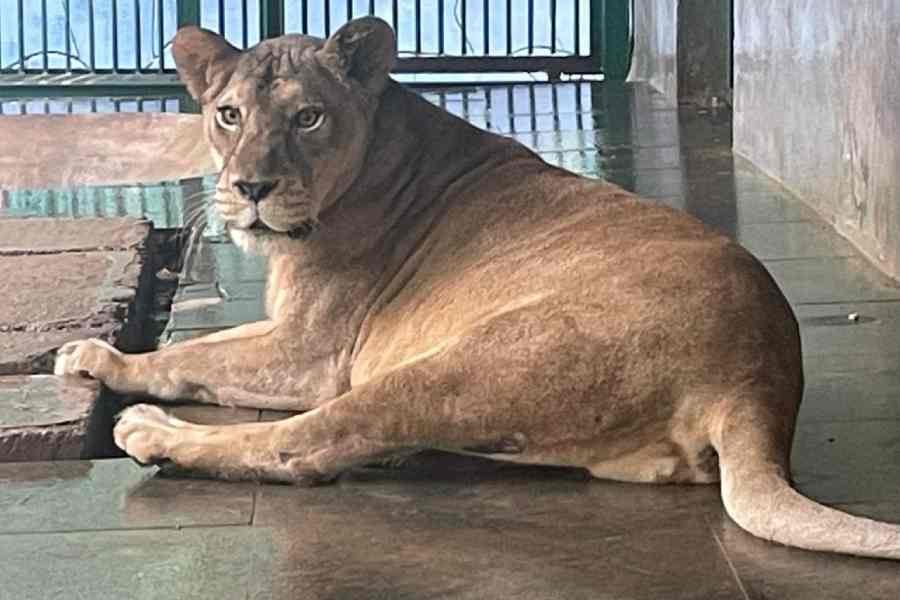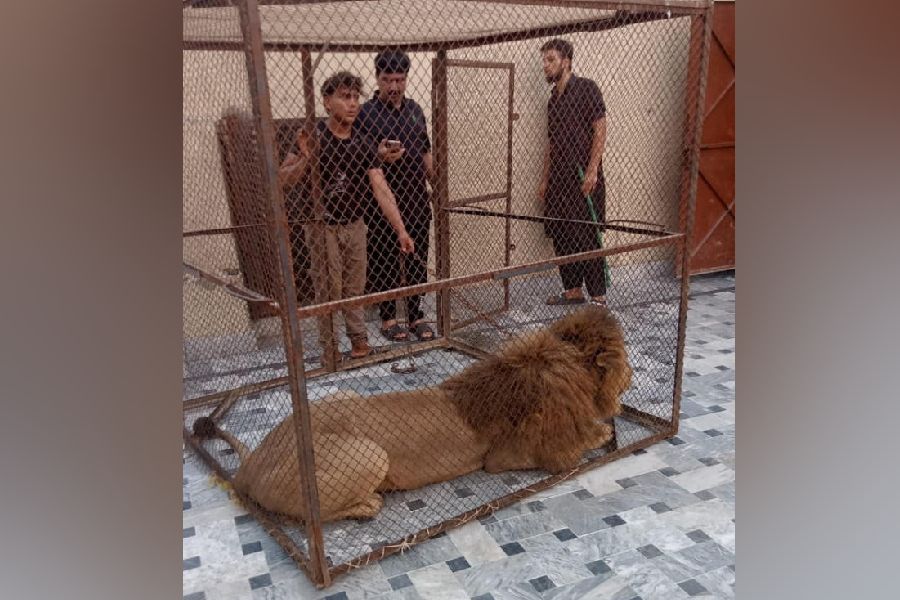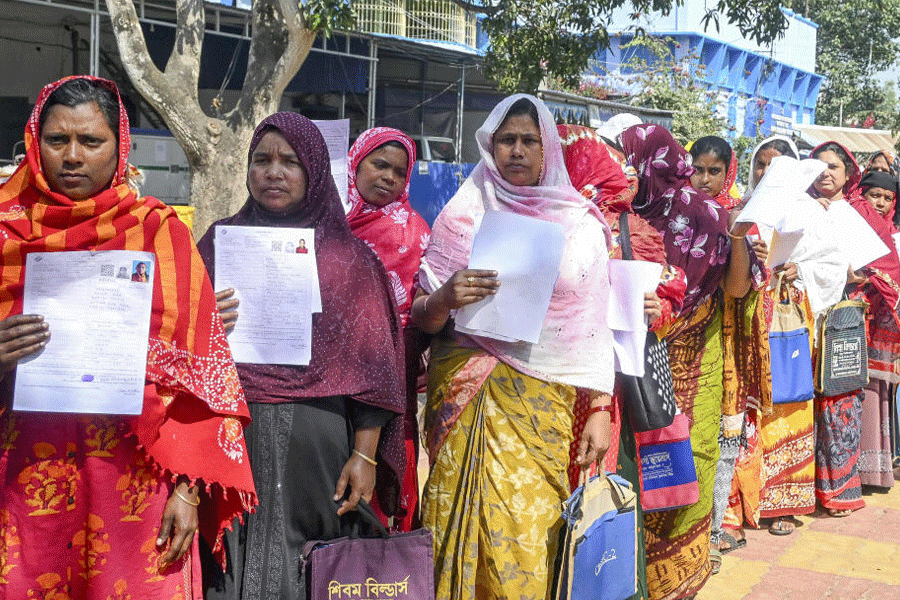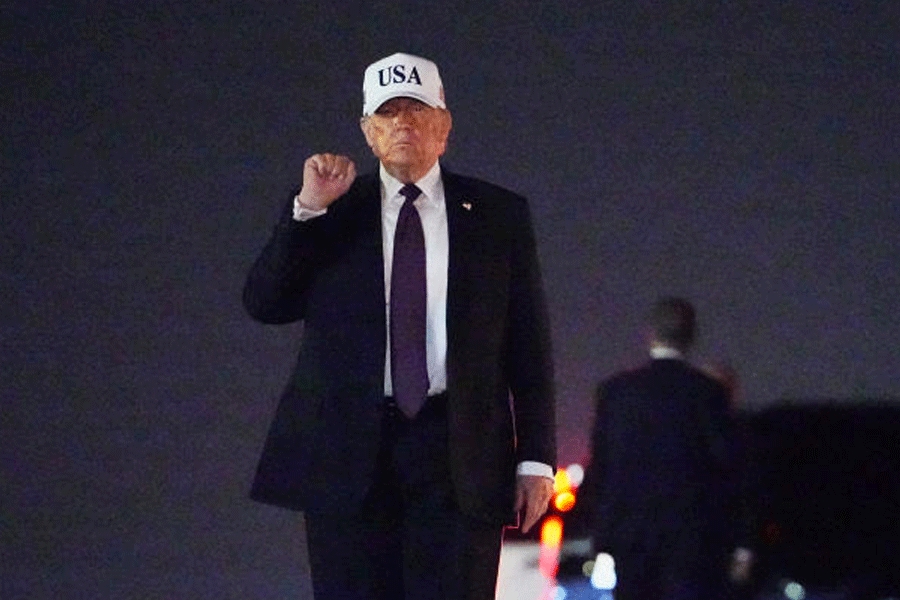Lion attack incidents in Pakistan – quite popular on TikTok – have finally forced the government to crack down on the country’s booming yet largely unregulated big cat ownership culture.
For years, the roars coming from farmhouses across Lahore’s outskirts were taken as a mark of prestige. Inside these compounds, lions, tigers, and other big cats were either lounged in cages or roamed semi-free as their owners used them to show off wealth and power.
But a recent rise in attacks on humans, including children has questioned this status symbol.
Fayyaz, a 38-year-old lion breeder and one of Pakistan’s most popular big cat dealers, is now a victim of this crackdown. His farm on the edge of Lahore, housing 26 lions, tigers and cubs, is reportedly the largest privately owned facility of its kind in the country.
“The animals are happy here,” he told the BBC in an exclusive interview. “When they see us, they come over, they eat... they're not aggressive." But as he spoke, one lion roared. “That one is aggressive, it’s his nature,” he added.
Fayyaz has spent the last decade selling cubs and breeding pairs to the growing number of Pakistanis keen to own big cats. But after a lion recently escaped from a private residence and attacked a woman and her two children in Lahore, his business model and many like his have started facing problems.
According to a police report, the children’s father claimed that the owners of the lion stood by as the animal mauled his family. The woman suffered bruises, while her five and seven-year-old children were hospitalised with minor injuries.
The video footage of the incident that went viral online, showed the lion leaping over a wall in a residential area before attacking.
The lion, which was kept illegally without a licence, was later confiscated and sent to a safari park and the owner was arrested.
In December last year, another lion escaped in Lahore and was shot dead. Earlier this month, 18 lions being kept illegally were confiscated across Punjab province.
“This is going to take at least six months,” Mubeen Ellahi, Director General of the Wildlife and Parks Department in Punjab, told the BBC. He said authorities suspect that 30-40% of lions in the region won’t be voluntarily declared. “There are hundreds, if not thousands, of undeclared big cats,” he warned.
Revised rules
The government’s new regulations will bring order to what was previously a largely unregulated trade.
Under the revised policy, big cat owners must now pay a one-time registration fee of 50,000 Pakistani rupees per animal. Farms are allowed to keep a maximum of ten big cats from no more than two species, and must open their sites to the public.
Violators face a fine of up to 200,000 Pak Rupees and, in the most serious cases, up to seven years in prison.
Business of power, not pets
Keeping exotic animals has long been linked to social prestige in Pakistan.
The tiger, for example, is the emblem of the ruling Pakistan Muslim League-Nawaz (PML-N). And with the rise of Instagram and TikTok, lions have become props in wedding processions and backyard videos.
“I know plenty of people who keep big cats as pets,” Qaim Ali, 30, told Reuters earlier this month. “Most of them are not interested in breeding but keep them as a symbol of power and influence in society.” He said he sold his own lion after it attacked his nephew.
Until now, most ownership went unchecked. There were zero enforced rules, and much of the trade operated illegally.
And many breeders, like Fayyaz, flourished in this legal vacuum.
But the government now wants farms like Fayyaz’s to transform into zoos. Officials expressed dissatisfaction with the size of his animal cages and have given him three months to comply.













